
International School of Debrecen, Hungary
Waterproofing roofs and installing resilient floors and ceramic tiles in a top-level education facility.
Waterproofing roofs and installing resilient floors and ceramic tiles in a top-level education facility.
Debrecen is Hungary’s second biggest city and an important cultural center located in one of the most dynamically developing areas of the country. It hosts the offices of many Hungarian and foreign corporations, as well as a large green space called the “Great Forest” in its northern area.
One important goal of the city management is to set a globally competitive standard in the field of public education. To meet this objective, in 2019 the City Council opened a new facility, the International School of Debrecen (ISD), providing education in English language to children from kindergarten to high school. The building was built in the immediate surroundings of the Great Forest and symbolizes the aim for sustainable architecture in harmony with nature.
Mapei Kft, the Group’s Hungarian subsidiary, supplied products for waterproofing roofs, preparing substrates and installing ceramic tiles and resilient materials.
POLYGLASS SOLUTIONS FOR WATERPROOFING THE ROOFS
The company in charge of roof waterproofing chose to employ products by Polyglass, a subsidiary of the Mapei Group. The numerous details, angular shapes, sides and corners of the semicircular building posed enormous challenges to the staff entrusted to install the waterproofing membranes. However, the skilled team of the waterproofing contractor and the innovative Polyglass products ensured that the works were completed flawlessly.
First of all, the concrete roof slabs were treated with POLYPRIMER bituminous primer to promote the adhesion of following layers. POLYVAP RADONSHIELD P-AL bituminous membrane was then applied over the entire surface, to form a vapor barrier over the straight-layer flat roof from below. Thermal insulation panels were then installed on top of this layer, with slopes formed using a second layer of thermal insulation panels. POLYDREN PP polypropylene woven non-woven geotextile was then installed to make sure that the emissions of plasticizers from the PVC products would not damage the thermal insulation panels. MAPEPLAN M BROOF t1 single ply waterproofing membranes with a white top layer were mechanically fixed onto wooden structural supports.
INSTALLING CERAMIC TILES IN SERVICE AREAS
Prior to the installation of ceramic tiles in the kitchens and service areas, it was necessary to form fast-drying, normal setting screeds with the aid of a special hydraulic binder, TOPCEM. The substrates were then levelled off with ULTRAPLAN ECO 20, a self-levelling compound manufactured and distributed on the Hungarian market by Mapei Kft.
The 30 x 60 cm ceramic tiles were installed thereupon with KERAFLEX EASY S1 deformable cementitious adhesive with extended open time, high wetting capacity and very low emission level of volatile organic compounds (VOC), which is particularly recommended for bonding large-size ceramic tiles over large areas of flooring. Joints were then grouted with ULTRACOLOR PLUS high-performance, quick-setting and drying polymer-modified mortar available in numerous color shades.
VINYL FLOORINGS FOR THE CORRIDORS, STAIRS AND STUDY ROOMS
In the rooms designed for group study, as well as in the corridors and stairs, vinyl floorings were installed on screeds built using TOPCEM and smoothed over with ULTRAPLAN ECO 20. The adhesives chosen to bond the vinyl flooring were ULTRABOND ECO V4 SP, universal adhesive in water dispersion, suitable for all kind of resilient floor coverings, and ULTRABOND ECO 571 2K two-component polyurethane adhesive, which is used for installing PVC and rubber floorings both internally and externally on absorbent and non-absorbent surfaces. Skirtings were installed with ADESILEX LP, a contact polychloroprene adhesive providing a strong bond immediately upon application.





.jpg?sfvrsn=125b7c8d_4)
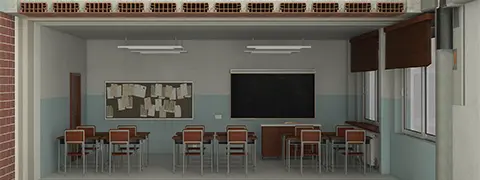
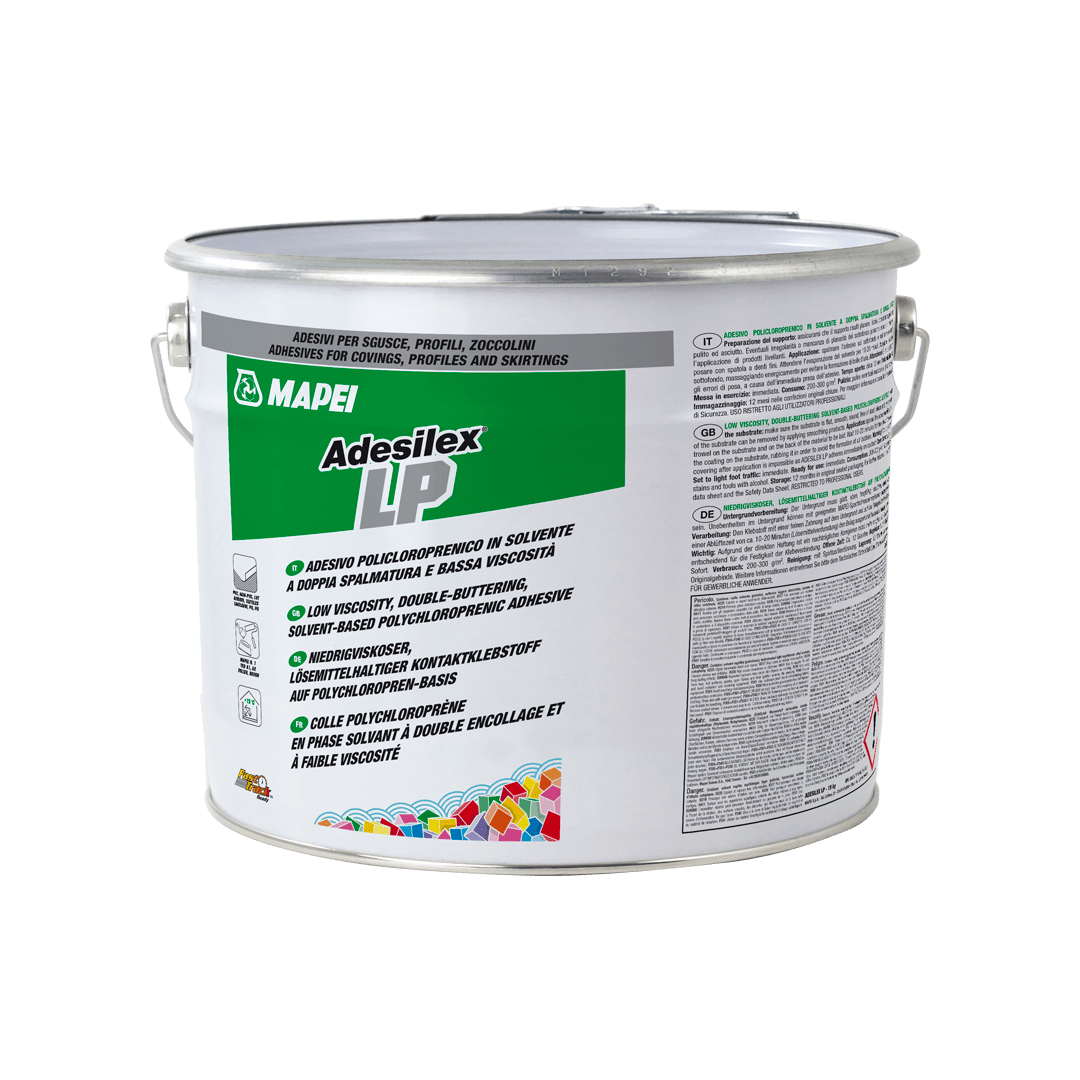

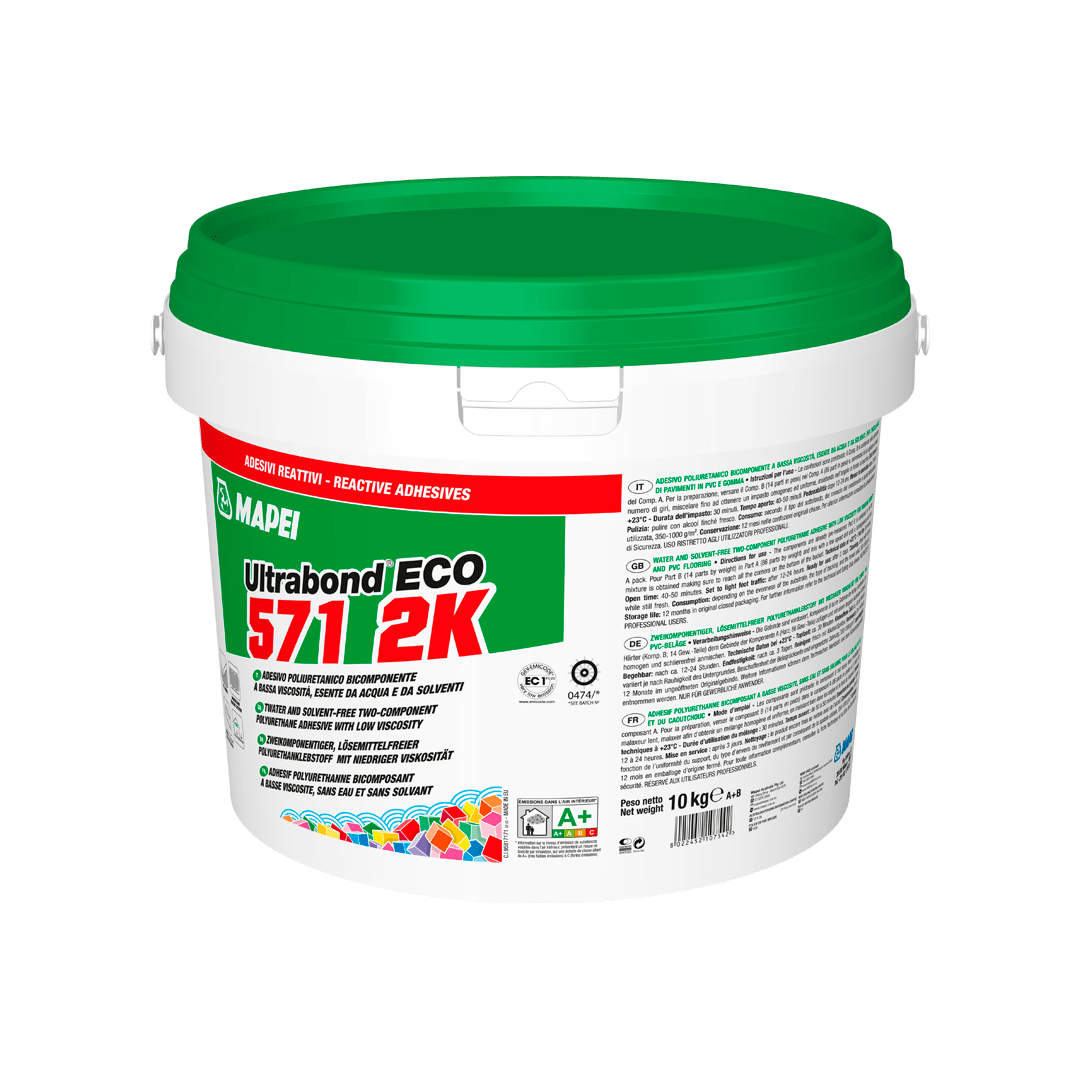
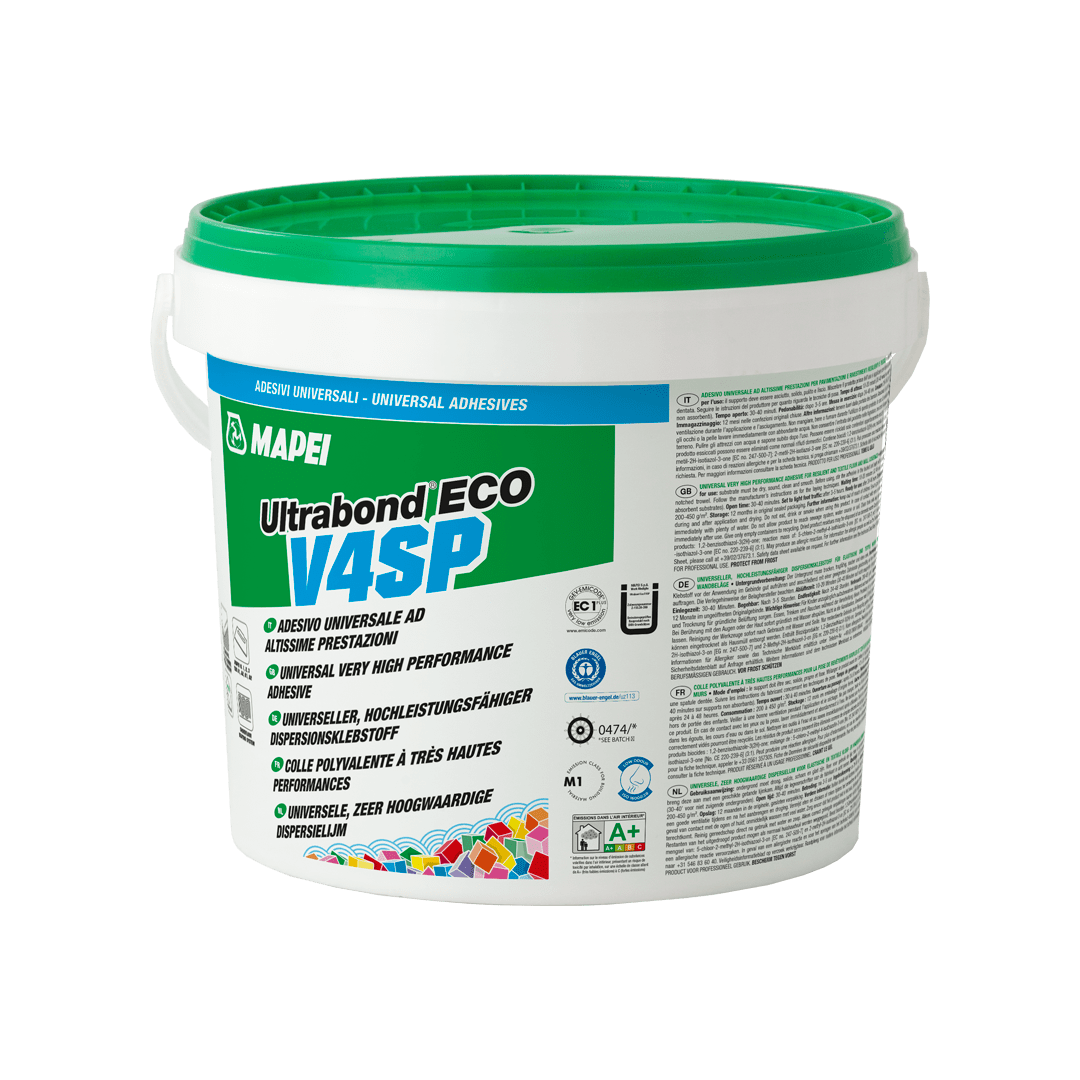
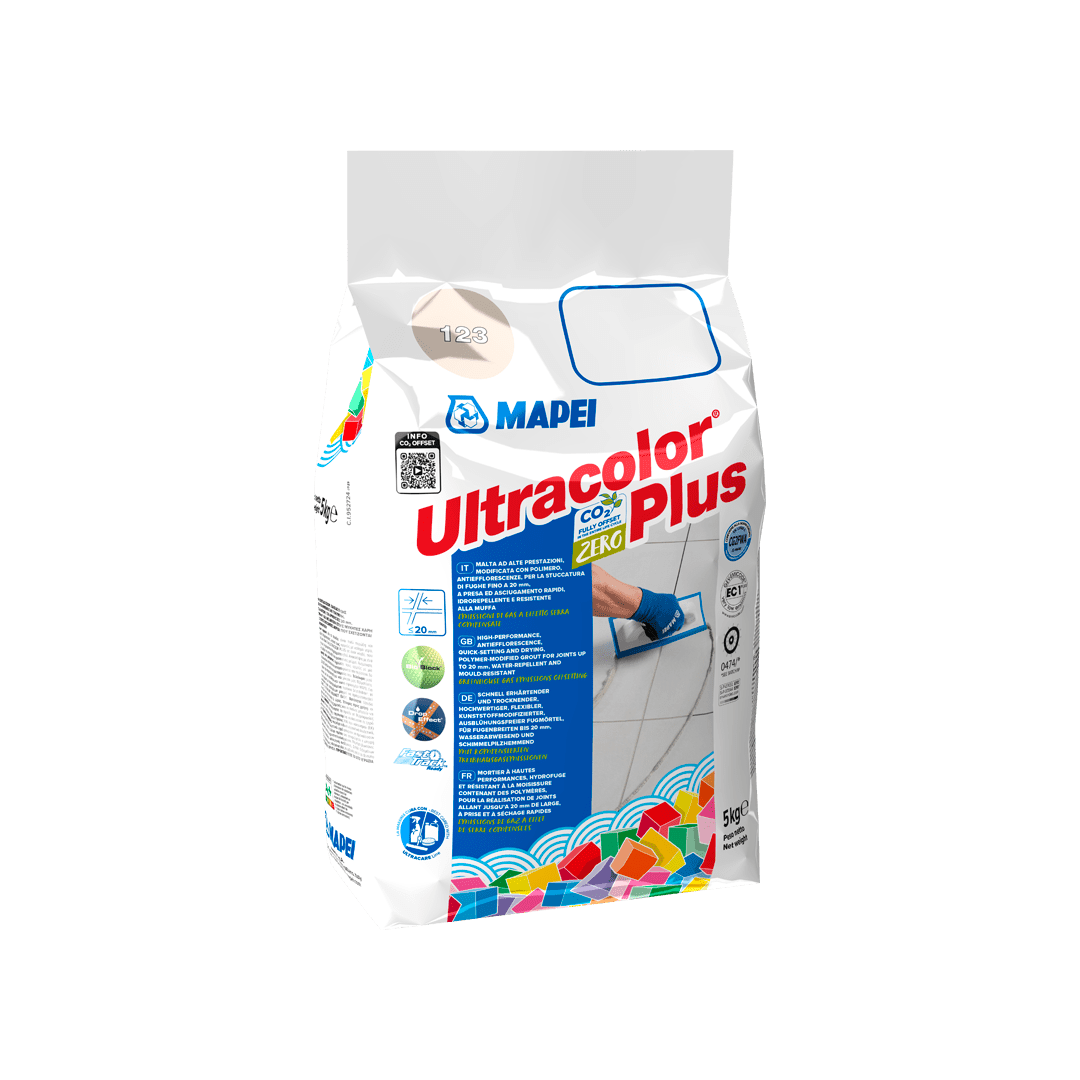
.jpg?sfvrsn=1a5b7c8d_4)
.jpg?sfvrsn=115b7c8d_2)
.jpg?sfvrsn=105b7c8d_4)
